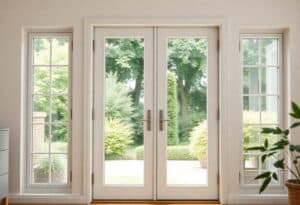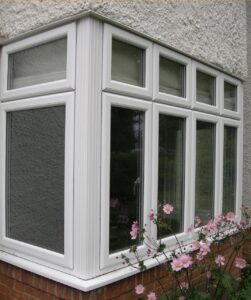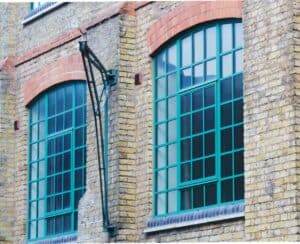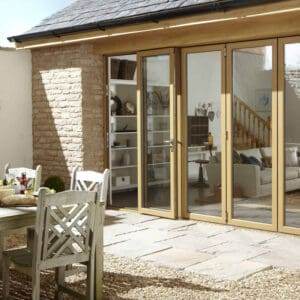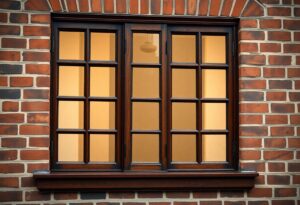In the realm of home maintenance, the decision to opt for full window replacement over repair is one filled with intricacies. It involves considering a multitude of factors, from the extent of damage to the age of the window. It’s imperative to understand when the damage is severe enough to warrant replacement, rather than a mere repair. The wrong decision can lead to more costly consequences down the line. According to experts at Consumer Reports, knowing the signs that indicate replacement is necessary can save homeowners from future headaches. This informative blog post aims to delve into those signs, providing readers with the insight needed to make a confident decision when faced with window damage.
Key Takeaways:
- Extent of Damage: It is important to consider the extent of the damage when deciding between repair and replacement.
- Age of Windows: Older windows may be better off being replaced rather than repaired due to their diminished performance and energy efficiency.
- Energy Efficiency: Upgrading to newer, energy-efficient windows may be more cost-effective in the long run compared to constantly repairing older, inefficient windows.
- Cosmetic Appeal: If the appearance of the windows is a concern, opting for full replacement can provide a fresh, updated look for the property.
- Cost Analysis: Consider the long-term cost implications of repair versus replacement, factoring in ongoing maintenance and potential energy savings.

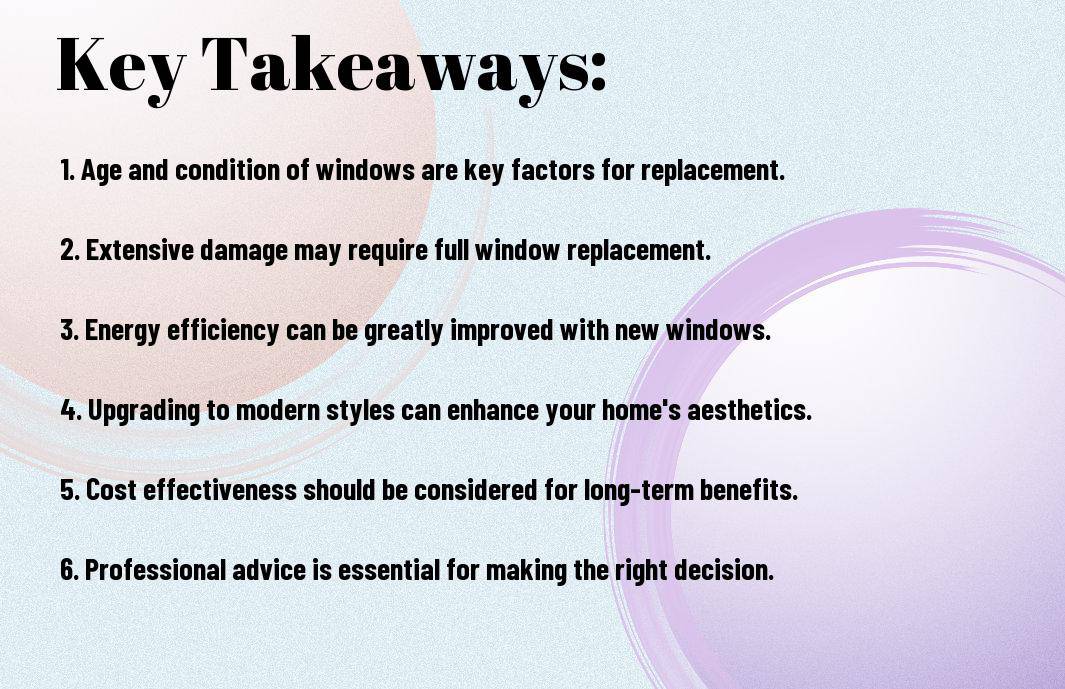
Assessing Window Damage
Before deciding whether to opt for full window replacement or repair, it is crucial to assess the extent of the damage to your windows. Even minor damage can lead to bigger issues if not addressed promptly. Here’s how to assess the damage to your windows.
Types of Common Window Damage
There are several common types of window damage that homeowners may encounter, including cracks, rot, drafts, broken seals, and difficulty in opening or closing. These issues can be caused by a variety of factors such as age, weather, and poor maintenance. Any of these problems can compromise the energy efficiency, security, and aesthetics of your home. Furthermore, if left untreated, they can lead to more serious damage and costly repairs.
| Cracks | Rot |
|---|---|
| Can compromise the structure and energy efficiency of the window | Caused by moisture and can spread quickly if not addressed |
| Drafts | Broken Seals |
| Can lead to higher energy bills and discomfort | Allow moisture and air to enter, leading to further damage |
| Difficulty in Opening or Closing | |
| Compromises the security and functionality of the window |
Repair or Replace: Making the Initial Assessment
When faced with window damage, it is important to assess whether repair or replacement is the best course of action. Factors to consider include the extent of the damage, the age of the windows, and the cost of repairs versus replacement. Any structural damage, extensive rot, or multiple issues may indicate that a full window replacement is the most practical and cost-effective solution in the long run.
Additionally, if your windows are older and less energy-efficient, replacing them with newer, more energy-efficient models can lead to significant cost savings on energy bills and enhance the comfort and value of your home.
Factors Influencing Window Replacement
When considering whether to opt for full window replacement or repair, there are several factors that come into play.
- Energy efficiency
- Aesthetic and functional impacts
- Cost of the repair
- Age and condition of the current windows
- Long-term savings
Assume that these factors will help you make an informed decision when it comes to your window renovation.
Energy Efficiency Considerations
When it comes to energy efficiency, old or damaged windows can lead to heat loss in the winter and heat gain in the summer. This can result in higher energy bills and reduced comfort inside the property. Ultimately, replacing the windows with upgraded, energy-efficient models can lead to long-term cost savings and a smaller environmental footprint.
Aesthetic and Functional Impacts
In addition to energy efficiency, old or damaged windows can have a negative impact on the aesthetics and functionality of a property. For instance, drafts and leaks can affect indoor comfort, while cracks and discolouration can detract from the curb appeal of the property. Upgrading to new, modern windows can not only enhance the visual appeal of the property, but also improve its functionality and security.
When it comes to energy efficiency and aesthetic impacts, it’s important to carefully assess the condition of your current windows and consider the long-term benefits of full replacement over temporary repairs.
The Replacement Process
When it comes to full window replacement, the process involves removing the existing windows and installing new ones. This is a significant undertaking that can greatly improve the energy efficiency, aesthetics, and functionality of your home. It is important to carefully consider the replacement process and all its aspects before making a decision.
Choosing the Right Windows for Your Home
Before beginning the replacement process, it is crucial to select the right windows for your home. Consider factors such as energy efficiency, material, style, and cost. Choosing the right windows can have a significant impact on the performance and appearance of your home, so it is important to make an informed decision. Consult with a professional to determine the best options for your specific needs and budget.
The Replacement Timeline and What to Expect
Once you have chosen the right windows for your home, it is important to understand the replacement timeline and what to expect. The process typically involves an initial assessment, removal of old windows, installation of new windows, and finishing touches. It is important to be prepared for potential disruptions to your daily routine and to be patient throughout the process. However, the end result will be well worth the time and effort.
During the replacement process, you can expect an increase in energy efficiency, improved insulation, enhanced curb appeal, and a potential increase in property value. Be sure to communicate openly with the professionals carrying out the replacement to ensure that your expectations are met and any concerns are addressed.
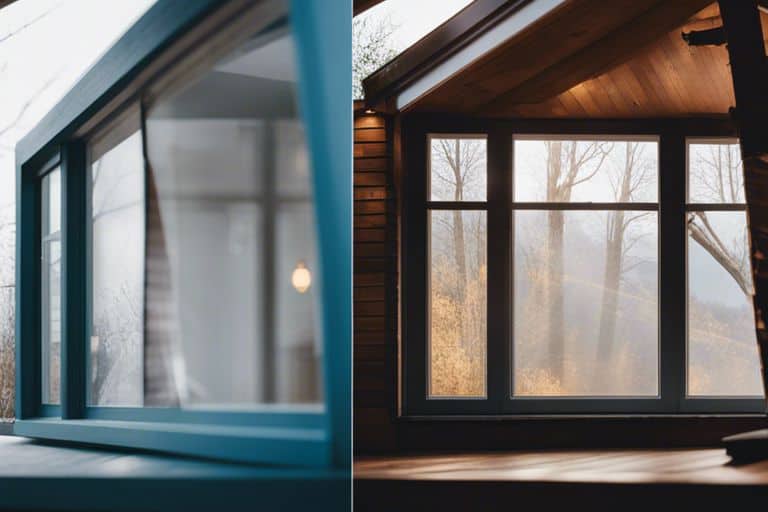
Maintenance Post-Replacement
After opting for a full window replacement over repair, it’s important to consider the maintenance of your new windows. If you’re looking for more information about whether to repair or replace your windows, check out our blog post Should I Repair or Replace My Windows?
Long-Term Care for New Windows
Once you’ve had your windows replaced, it’s crucial to ensure their longevity with proper long-term care. Regular cleaning, inspection for any signs of wear or damage, and prompt repairs when needed, are essential to avoid costly replacements in the future. Additionally, be sure to familiarise yourself with any specific maintenance recommendations from the manufacturer to uphold the warranty and maximise the lifespan of your new windows.
When to Schedule Routine Inspections
Establishing a schedule for routine inspections is crucial to keep your new windows in prime condition. By conducting regular inspections, you can identify and address any issues before they escalate, ensuring the longevity of your investment. We recommend scheduling inspections at least twice a year, ideally in the spring and autumn, to assess the performance and condition of your windows.
Regular inspections are especially important in areas with extreme weather conditions, as exposure to harsh elements can accelerate wear and damage to windows.
“
When to Opt for Full Window Replacement Over Repair
In conclusion, deciding between full window replacement and repair depends on several factors. If the window frames are rotting, the glass is cracked, or the seals are failing, replacement is likely the best option. However, if the damage is minimal and the window is still functioning properly, repair may be the more cost-effective choice. It’s crucial to consider the long-term benefits and costs of each option, as well as the overall condition of the window. Consulting a professional for an assessment can provide valuable insight and guidance in making the best decision for your home. Ultimately, prioritising the safety, energy efficiency, and aesthetics of your windows will lead to a well-informed choice between repair and replacement.
FAQ
Q: When should I opt for full window replacement over repair?
A: If your windows are extensively damaged, have inefficient insulation, or are outdated, it may be more cost-effective to opt for a full window replacement rather than attempting to repair them.
Q: How do I know if my windows need replacement?
A: Signs that your windows need replacement include excessive air leakage, condensation between the panes, difficulty in opening and closing, and visible damage such as rot or warping.
Q: Is it worth investing in full window replacement?
A: In many cases, investing in full window replacement can lead to significant energy savings, improved comfort, and increased property value, making it a worthwhile investment in the long run.
Q: What are the benefits of opting for full window replacement?
A: Some of the benefits of full window replacement include improved energy efficiency, enhanced security, better sound insulation, and a fresh, updated appearance for your property.
Q: How do I choose the right windows for replacement?
A: When choosing replacement windows, consider factors such as energy efficiency, durability, style, and budget. It’s important to select windows that meet your specific needs and complement the aesthetics of your property.

